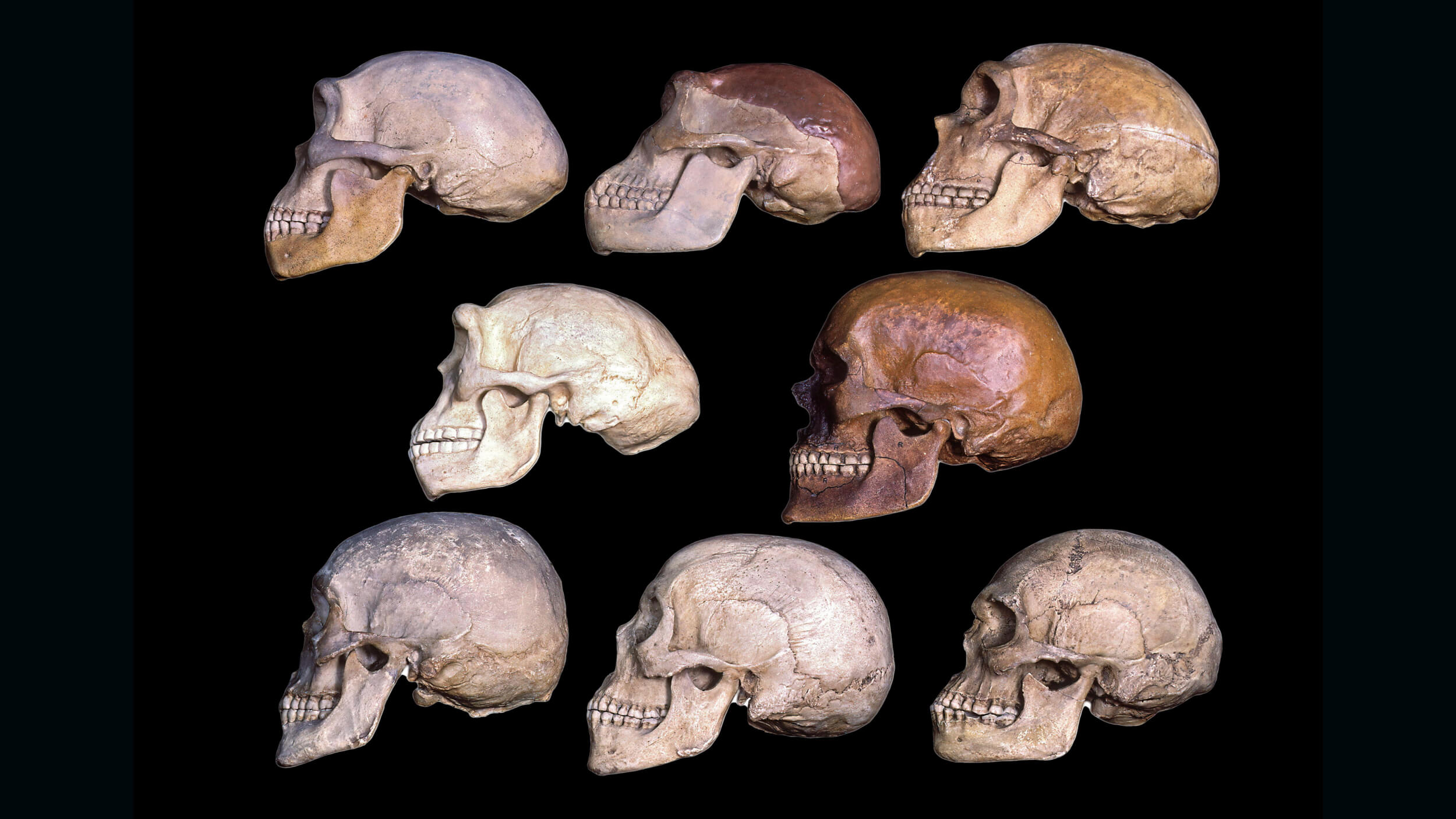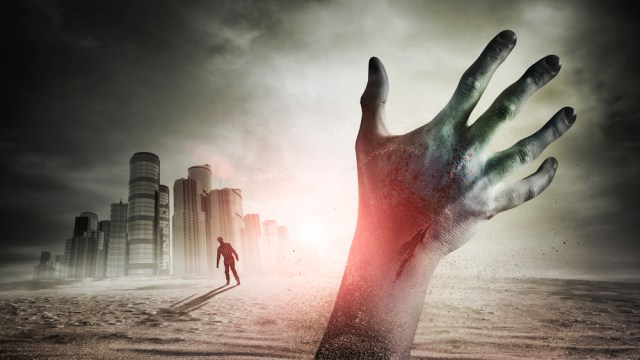The Problem with Online Conspiracy Theories: The World Doesn’t Work That Way

You can only dig through the junk on the Web if you have a good general education. One of the problems with education now is I think it’s too selective to start with. Getting a background in history, a background in human thought, a background in mathematics, a background in basic science, enables you then to approach what is on the Web and determine that some things are just impossible, pure nonsense.
People can, of course, use the Internet to acquire this knowledge. They can acquire it from encyclopedias and various other sources that are out there on the Internet that are free and are accredited and are good. You’ll then be able to approach claims with a degree of skepticism.
For example, there are plenty of genuine conspiracies in history, some of them very good like the conspiracy to murder Hitler, which unfortunately didn’t come off. History is full of conspiracies, but one of the things you know about them if you look at them is that they very, very often, practically always go wrong and they never involve thousands and thousands and thousands of people. It’s just too big.
So the idea of some people that you find on the Internet – that the very idea of global warming is a sort of conspiracy of I don’t know who, of climate scientists or evil governments or others – is just completely implausible even independent of the scientific knowledge that backs it up. It never works like that.
In Their Own Words is recorded in Big Think’s studio.
Image courtesy of Shutterstock.





